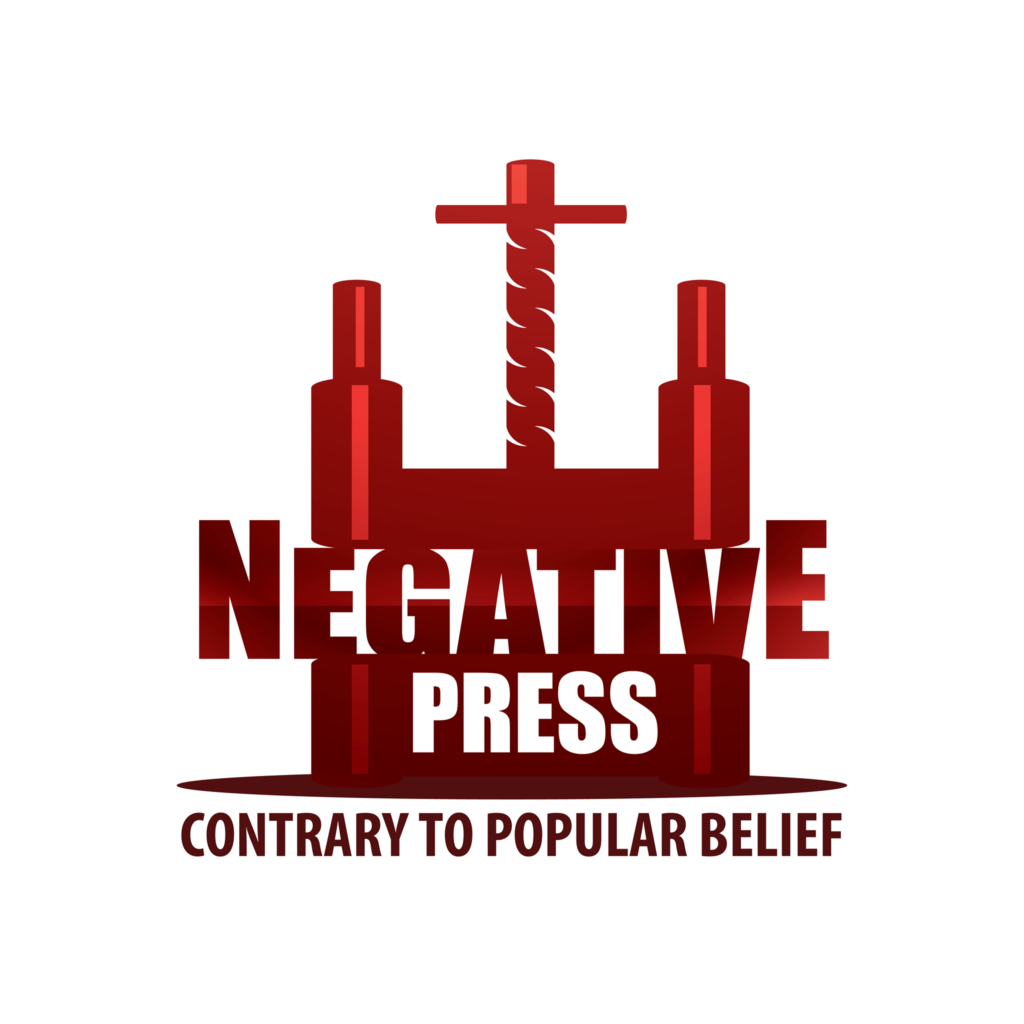Palworld, the latest gaming sensation, has achieved a remarkable milestone by selling eight million copies in just six days on Steam and Xbox. Despite its success, the game has faced significant controversy due to allegations of similarities to Pokémon, resulting in a potential legal battle. This article delves into the legal intricacies and the likelihood of Nintendo taking legal action against Pocketpair, the developer behind Palworld.
The controversy escalated when Pocketpair reported receiving death threats in response to the perceived Pokémon “rip-off” claims, which the developer vehemently denied. Nintendo promptly removed a Pokémon mod related to Palworld, and The Pokémon Company issued a statement expressing intentions to investigate potential infringements on intellectual property rights.
Legal experts, including Peter Lewin, a video game lawyer at Wiggin, weighed in on the likelihood of legal action based on copyright infringement. Key considerations include whether the original work is protected by copyright, if the alleged infringer copied a substantial part of the original work, and available defenses like parody or fair use.
Sam Castree, a copyright lawyer, emphasized the importance of direct evidence of copying and highlighted that protectable expression extends beyond generic concepts to include detailed artwork, characters, and lore. The article explores potential outcomes if Nintendo decides to pursue legal action, discussing the burden of proof on copyright owners and possible reactions from Pocketpair.


